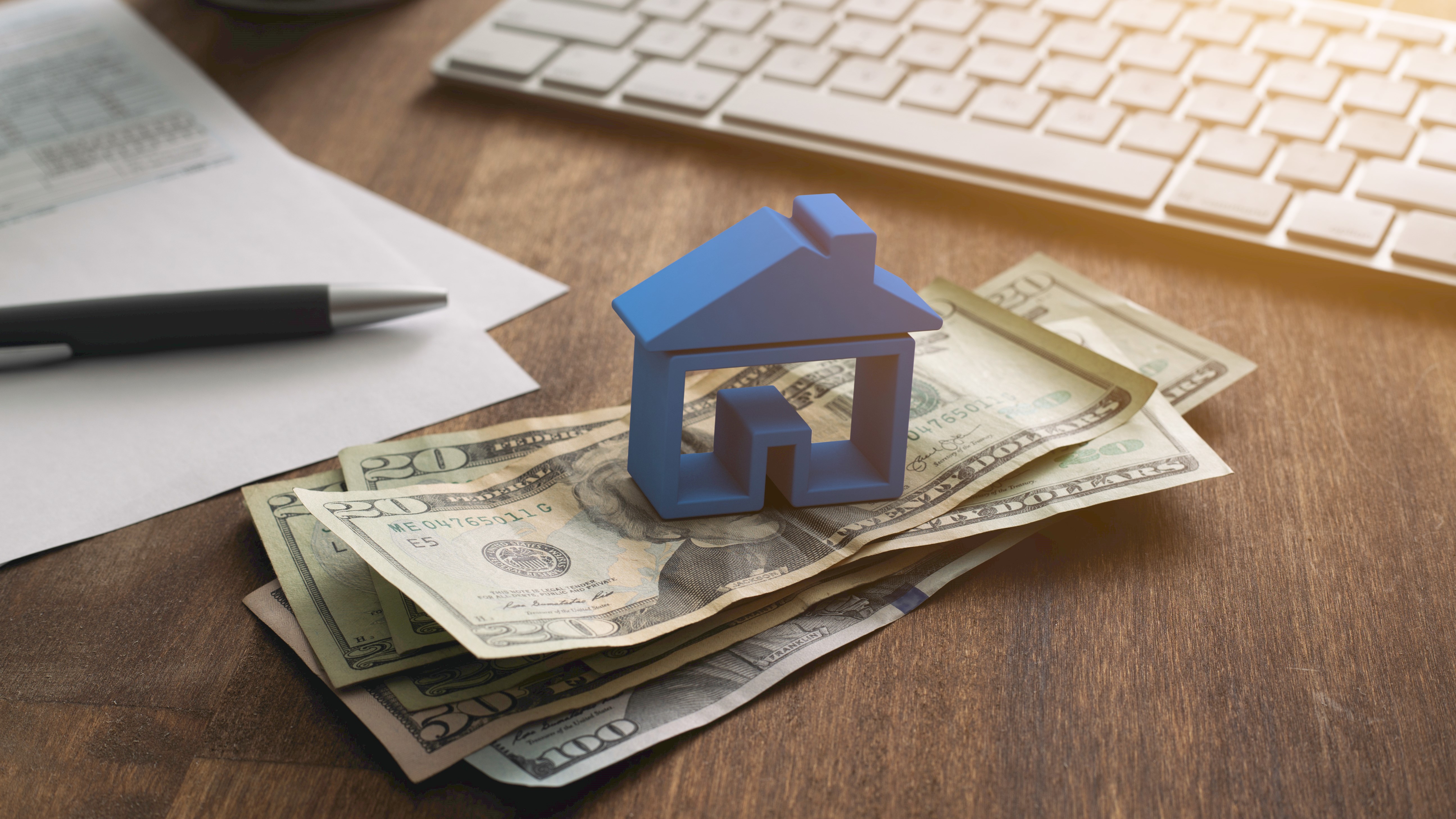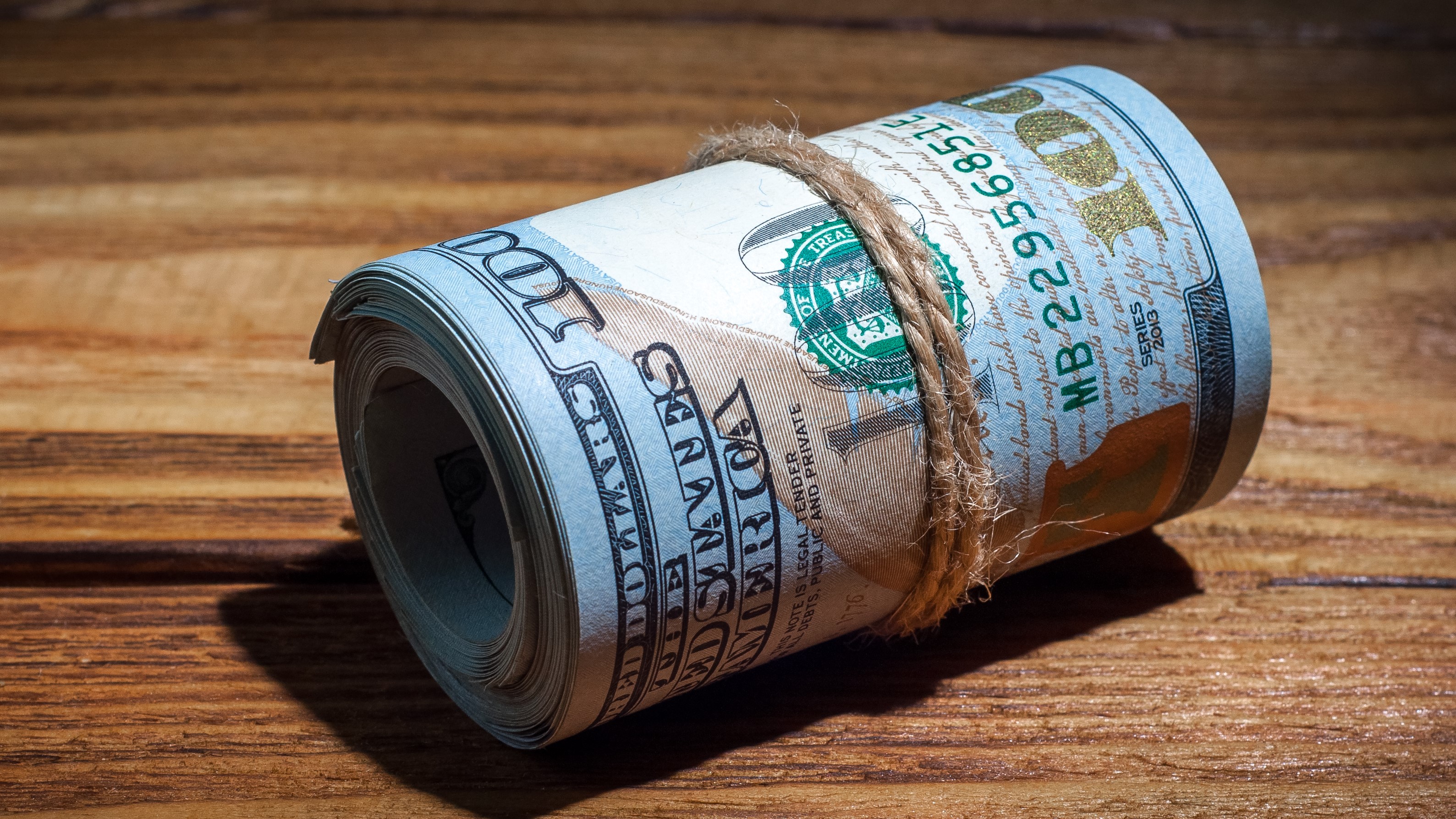Americans prioritize mortgages in the pandemic, but which debt should you pay off first?
Mortgage payments are the debt obligation that homeowners have been most reluctant to skip in the past year, but are their priorities correct?

Americans have prioritized paying their mortgage ahead of all other credit products during the pandemic for fear of not wanting to risk losing their home.
According to a new TransUnion study, the COVID-19 health crisis has had a huge impact on how people pay their debts, particularly in the face of financial stress. In the United States, the change in behavior was notable across many credit products, but it was mortgage loan payments that were mainly put first over what may have been owed on auto loans and credit cards.
With almost 28 million Americans holding all three loan types as of Q3 2020, the analysis found that the delinquency rate where borrowers were over 30 days behind on payments was lowest for mortgages, at 0.75%. Auto loans had the second lowest rate of 1.13%, followed by credit cards at 1.95%.
Why are people putting their mortgage first?
As to why mortgage payments have been the priority for most, the survey suggests it is because Americans believe their home loan offers the highest perceived value of all the expenses competing for their attention.
Part of this is likely connected to the desire to protect the equity that has accumulated in their properties following strong house price growth in recent years. In addition, there is a sense that keeping current on home loan payments has taken on increased importance because of the greater amount of time spent at home during lockdowns and the shift to working and schooling from home.
“Mortgage is once again the clear priority for U.S. borrowers,” said Matt Komos, TransUnion’s head of research and consulting in the U.S. “The mantra, ‘you can’t drive your home to work’ doesn’t have the same effect when millions of Americans are waking up, showering, eating breakfast and taking only a few steps to their home office.”

As well as the growth in remote working and rise in home values, the study also notes that fewer people will have fallen delinquent on their mortgage due to the large number of borrowers who will have quickly entered accommodation programs, and been able to delay payments and maintain their accounts, during the pandemic.
Sign up to receive the latest news, reviews, buying guides and deals direct to your inbox
While these people may have had their mortgage fears allayed for a while at least, the survey also reveals the weight of pressure that others have felt to keep up with their payments. Indeed, six in 10 homeowners said they expected to receive a call from their lender if they missed one mortgage payment and more than half (52%) were concerned by the damage that might be inflicted on their credit score if they skipped a payment. Almost one in five (17%) were fearful of the threat of foreclosure or repossession should they miss a mortgage payment.
Which debt should you pay off first?
The reasons put forward for not wanting to miss mortgage payments definitely have their merits, yet in some circumstances, arguments can be made as to why other debts may need to take priority. In particular, anyone with a payday loan should almost certainly be looking to pay down this high rate and high risk debt first.
Indeed, for some people, the instinct will always be to pay off the credit that is attracting the highest rate of interest first, and this is an eminently sensible strategy to adopt, as you’ll pay less in interest over the long term. If this is the approach for you, it’s important to remember, however, that you must also meet the minimum payment requirements on credit cards and personal loans at the same time to avoid costly penalties.

For others, the need to keep themselves motivated and see that they are making tangible progress in lowering their debt may make paying off their smallest debt first a better approach. If this doesn’t happen to be the debt with the highest interest rate, then you may end up paying more in interest overall. However, for some people, the psychological benefits of being able to say that they’ve ticked something off their debt list, and giving them the impetus to clear more, will prove more important. It’s also worth considering that the quicker you pay down what you owe, the better it is for your credit rating.
A further option if you’re really struggling to work out which debt to meet first could be debt consolidation, as by bringing everything that you owe together into a single loan, the only priority you’ll have is making that one payment.
With over 20 years’ experience in the financial services industry, Tim has spent most of his career working for a financial data firm, where he was Online Editor of the consumer-facing Moneyfacts site, and regularly penned articles for the financial advice publication Investment Life and Pensions Moneyfacts. As a result, he has an excellent knowledge of almost areas of personal finance and, in particular, the retirement, investment, protection, mortgage and savings sectors.

